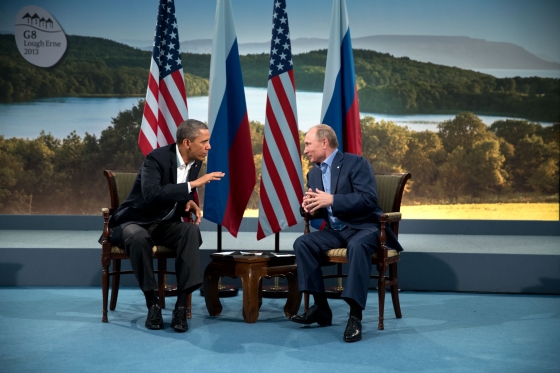As matters stand, the next recession will push the Western economic system over the edge into deflation.
Half the world economy is one accident away from a deflation trap. The International Monetary Fund says the probability may now be as high as 20pc.
It is a remarkable state of affairs that the G2 monetary superpowers – the US and China – should both be tightening into such a 20pc risk, though no doubt they have concluded that asset bubbles are becoming an even bigger danger.
“We need to be extremely vigilant,” said the IMF’s Christine Lagarde in Davos. “The deflation risk is what would occur if there was a shock to those economies now at low inflation rates, way below target. I don’t think anyone can dispute that in the eurozone, inflation is way below target.”
It is not hard to imagine what that shock might be. It is already before us as Turkey, India and South Africa all slam on the brakes, forced to defend their currencies as global liquidity drains away.
The World Bank warns in its latest report – Capital Flows and Risks in Developing Countries – that the withdrawal of stimulus by the US Federal Reserve could throw a “curve ball” at the international system.
“If market reactions to tapering are precipitous, developing countries could see flows decline by as much as 80pc for several months,” it said. A quarter of these economies risk a sudden stop. “While this adjustment might be short-lived, it is likely to inflict serious stresses, potentially heightening crisis risks.”
The report said they may need capital controls to navigate the storm – or technically to overcome the “Impossible Trinity” of monetary autonomy, a stable exchange rate and free flows of funds. William Browder from Hermitage says that is exactly where the crisis is leading, and it will be sobering for investors to learn that their money is locked up – already the case in Cyprus, and starting in Egypt. The chain-reaction becomes self-fulfilling. “People will start asking themselves which country is next,” he said.
Emerging markets are now half the global economy, so we are in uncharted waters. Roughly $4 trillion of foreign funds swept into emerging markets after the Lehman crisis, much of it by then “momentum money” late to the party. The IMF says $470bn is directly linked to money printing by the Fed . “We don’t know how much of this is going to come out again, or how quickly,” said an official from the Fund.
One country after another is now having to tighten into weakness. The longer this goes on, and the wider it spreads, the greater the risk that it will metamorphose into a global deflationary shock.
The Telegraph has the full article










